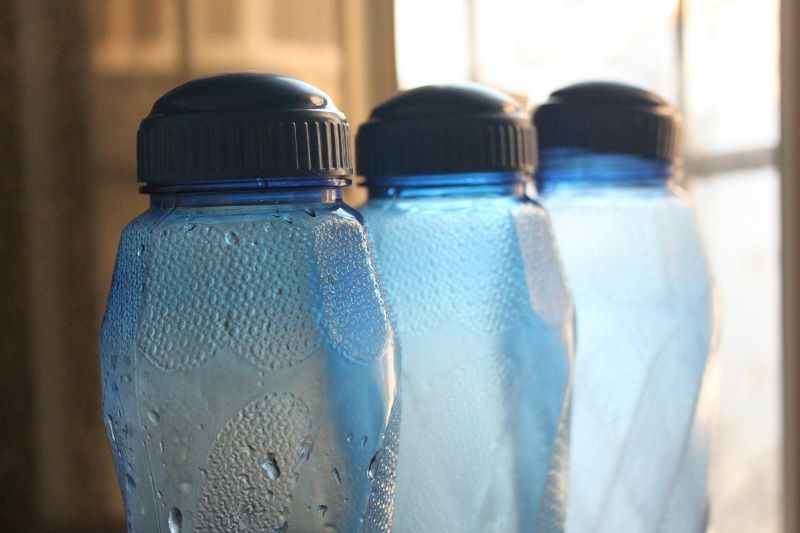
(TAN): In October 2019, Mandarin Oriental Hotel Group pledged to eliminate all single-use plastic, across its portfolio of luxury hotels, by the end of March 2021. While the original timing for completion is likely to be impacted by the global effects of Covid-19, their first progress report highlights both the achievements made to date and some of the challenges encountered.
The Group has committed to eliminating single-use plastic across all areas of the hotels, including rooms, spa, transport, restaurants and bars as well as in those areas unseen by the guest, such as offices, kitchens and back of house.
Mandarin Oriental has initially focused on 60 of the most commonly used single-use items identified by hotels which are estimated to make up 95% of the total number of single-use plastic items. These items have either been eliminated or are in the process of being phased out as current plastic stock is depleted.
An example of one of the most commonly used items is plastic water bottles. On-site water bottling has been introduced at the Group’s hotels in Hong Kong, Macau, Kuala Lumpur, Singapore, Taipei, Geneva, London, Miami and New York, with the view to rolling this initiative out groupwide. Mandarin Oriental, Kuala Lumpur, has been able to eliminate almost half a million plastic water bottles from rooms and food and beverage facilities in a year.
Many of the other most commonly used plastic items have been replaced with eco-alternative materials like sanitised, re-usable cloth laundry bags and shoe mitts, paper, metal or bamboo straws, natural loofahs, wooden spatulas and metal tasting spoons in the kitchens. Many bathroom amenities have been replaced with sustainably certified non-plastic alternatives, including cotton pads, razors, earbuds, shower caps and shaving foam.
Mandarin Oriental Hotels are also experimenting with wall mounted dispensers to replace small plastic shower gel, shampoo and conditioner containers, and are working with luxury brands such as Fig & Yarrow, and Diptyque to ensure they can be filled and re-filled with appropriate, chemical free produce.
Challenges remain as some materials, such as cling film and waste bags, are both difficult to eliminate or find truly sustainable alternatives for. Trials are currently underway to replace cling film with re-usable items that can be easily sanitised, including containers, silicone and beeswax wraps, and waste bags with water soluble toxin-free options. While it has been possible to obtain toothbrushes that are 97% plastic-free, 100% plant-based toothbrush bristles are not currently available. However, on-going research in this area means that a complete eco-solution will hopefully be available soon.
Alternatives for toothpaste tubes have also proved difficult to locate, but after many months of supplier research, the Group is now offering toothpaste bites. These small tablets of toothpaste are packaged in FSC-certified paper and are currently being rolled out across the Group.
The next challenge is the continued use of single-use plastic packaging used to deliver goods into hotels. The Group will continue in its efforts to resolve this through Supplier Code of Conduct and ongoing supplier engagement.
The current COVID-19 pandemic has already had some impact on the efforts. The depletion of existing stock of plastic products across portfolio has slowed, and new hygiene protocols and requirements arising from the pandemic pose challenges that may well affect the timeline. However, the Group remains committed to its original objective of 100% elimination while recognising the potential for delay in the removal of some items.
“We set ourselves an ambitious goal of eliminating all single-use plastic from our premises by the end of March 2021. Whilst our timeline is likely to be adjusted as a consequence of the pandemic, we remain focused on achieving our goals and we believe we can provide valuable leadership to our industry and to the world at large,” said James Riley, Group Chief Executive. “I am delighted at how our colleagues have wholly embraced this challenge as part of our joint commitment to deliver on the Group’s sustainability responsibilities,” he added.




